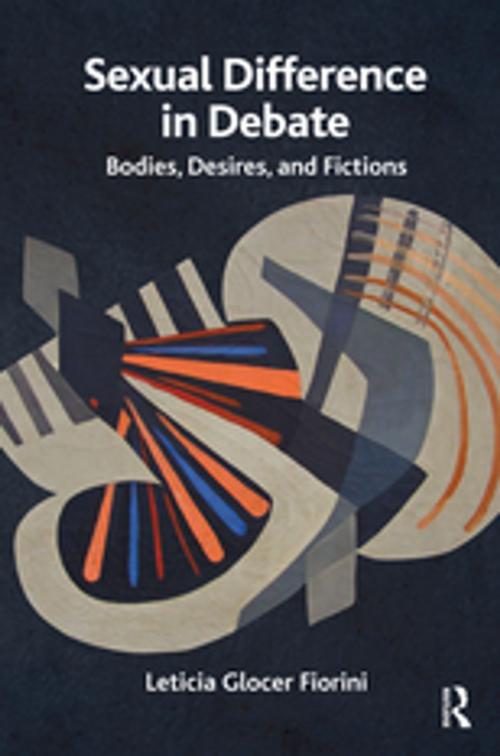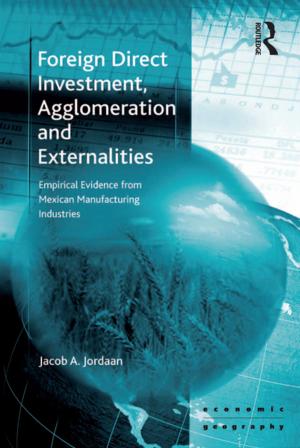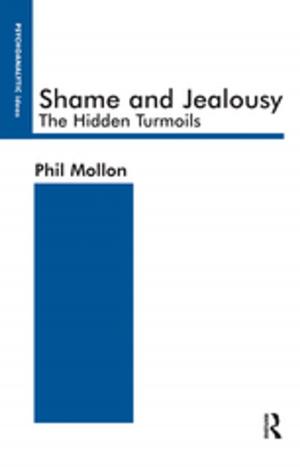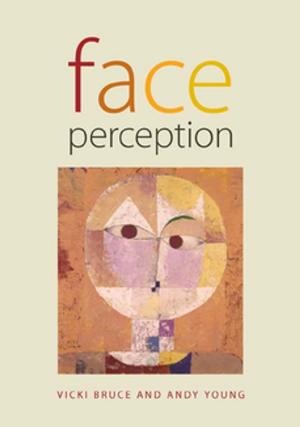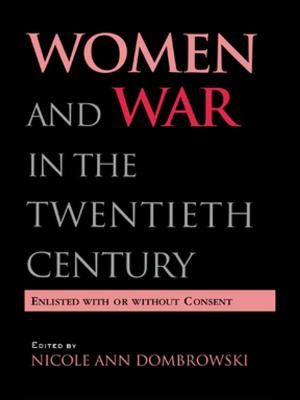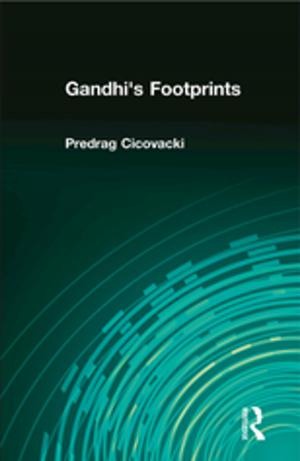Sexual Difference in Debate
Bodies, Desires, and Fictions
Nonfiction, Health & Well Being, Psychology, Mental Health| Author: | Leticia Glocer Fiorini | ISBN: | 9780429919022 |
| Publisher: | Taylor and Francis | Publication: | May 8, 2018 |
| Imprint: | Routledge | Language: | English |
| Author: | Leticia Glocer Fiorini |
| ISBN: | 9780429919022 |
| Publisher: | Taylor and Francis |
| Publication: | May 8, 2018 |
| Imprint: | Routledge |
| Language: | English |
The greater part of this book focuses on a critical analysis of the logics and ways of thinking supporting both explicit and implicit theories of sexual difference and the masculine/feminine pair. These theories may be private or collective; conscious, preconscious, or unconscious. They impact heavily on interpretations and constructions made in analytic practice, while they also affect transference-countertransference patterns. This conceptual analysis reviews the Freudian oeuvre as well as the work of other significant authors, post-Freudian and contemporary, that have contributed specifically to this topic. The concept of sexual difference contains a persistent problem: binary, dichotomous thinking and its blind spots and aporias. For this reason, the author has turned to other epistemologies that offer novel forms to think about the same problems, such as the paradigm of hyper-complexity, as well as thinking at intersections and limits between different categories.
The greater part of this book focuses on a critical analysis of the logics and ways of thinking supporting both explicit and implicit theories of sexual difference and the masculine/feminine pair. These theories may be private or collective; conscious, preconscious, or unconscious. They impact heavily on interpretations and constructions made in analytic practice, while they also affect transference-countertransference patterns. This conceptual analysis reviews the Freudian oeuvre as well as the work of other significant authors, post-Freudian and contemporary, that have contributed specifically to this topic. The concept of sexual difference contains a persistent problem: binary, dichotomous thinking and its blind spots and aporias. For this reason, the author has turned to other epistemologies that offer novel forms to think about the same problems, such as the paradigm of hyper-complexity, as well as thinking at intersections and limits between different categories.
